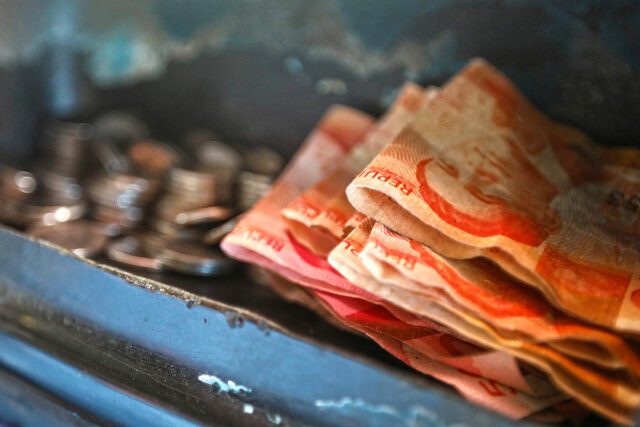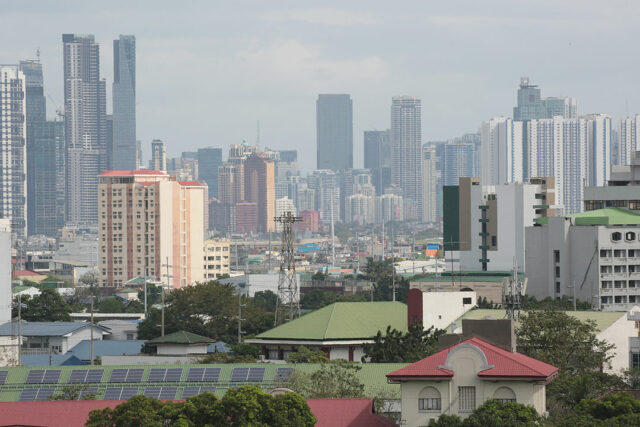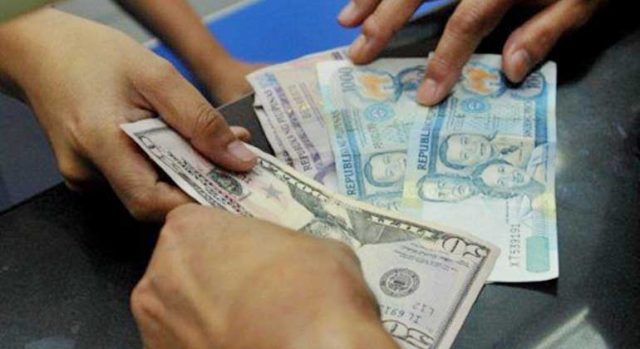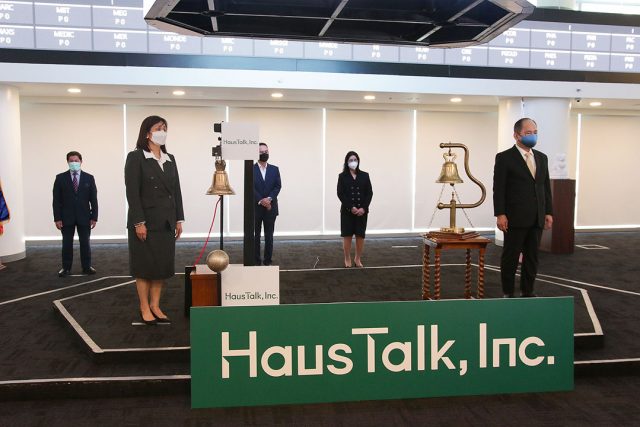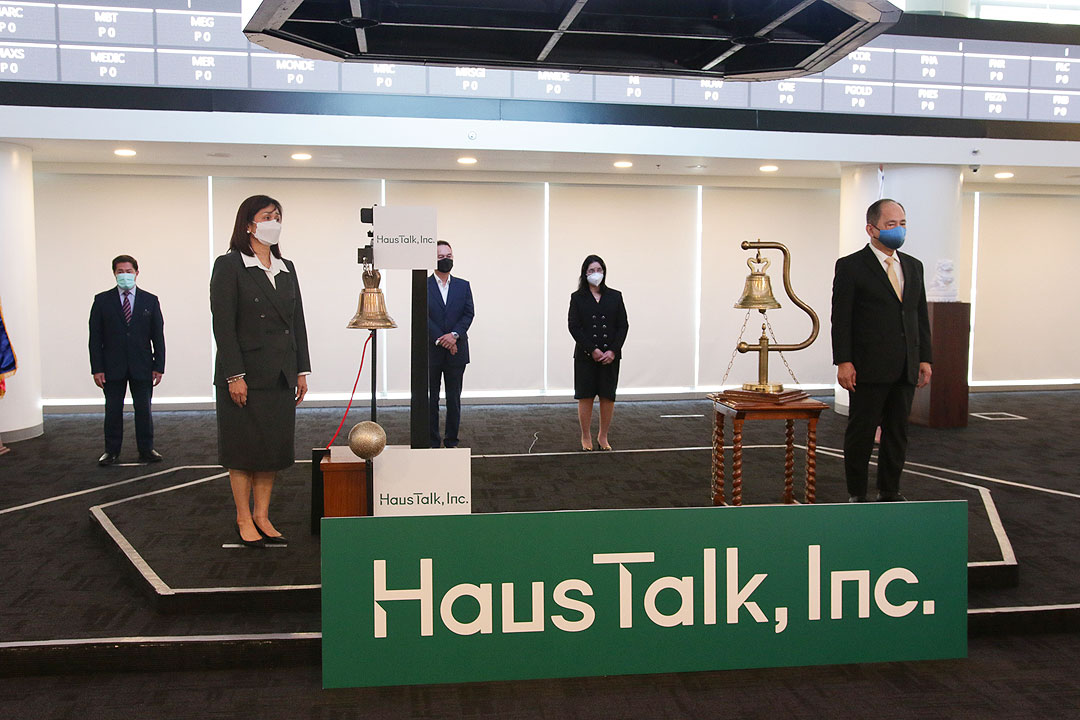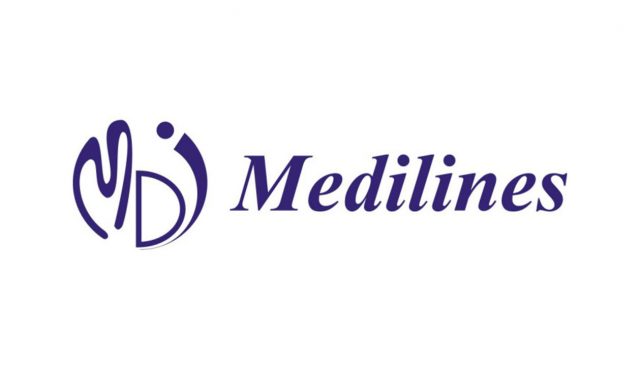Affluent splash out on pricey Birkin bags but clouds loom
PARIS — Brushing off higher prices, affluent spenders continue to splash out on luxuries including $10,000 handbags and premium drinks, updates from Birkin bag maker Hermes and spirits company Pernod Ricard showed on Thursday.
Yet with prices set to rise further, analysts were asking how long the boom can last before even the wealthy decide they must tighten their belts.
Hermes and Pernod Ricard both said they will continue to raise prices, after beating expectations in the July–September quarter. Business was boosted by Americans returning to Europe and Asia and taking advantage of the strong dollar. Mainland China also saw a strong rebound after coronavirus disease 2019 (COVID-19) restrictions were lifted, although some restrictions have since been reimposed.
Analysts were looking closely for signs that the post-pandemic spending boom could ease after months of robust appetite from shoppers drawing on pandemic savings to treat themselves to designer labels and champagne.
Some expect the industry’s rapid sales growth to begin to slow in the fourth quarter or starting next year, with the strongest labels expected to grab market share as consumers flock to best-known names.
The fourth quarter will likely start to show a deceleration with “very different performance from different brands,” said Flavio Cereda, an analyst at Jefferies, predicting stronger labels like Chanel, Hermes, Louis Vuitton, and Dior, as well as some smaller brands like Moncler will accelerate market share gains.
Mr. Cereda expects “no big bounce” in business in China next year citing signals from the Communist Party Congress that authorities plan to maintain COVID curbs, and in Europe, predicts the “likely disappearance of the marginal buyer,” or someone who is not a regular or core luxury consumer.
Jefferies forecasts 13% sales growth for the industry this year and 7% next year.
PRICE RISES
The world’s biggest luxury group LVMH last week kicked off the earnings season with forecast-beating sales — and no signs of a let-up in demand.
The US market, which rose to become the world’s largest luxury market last year, has been closely scrutinized for any signs of weakness, particularly among less affluent shoppers and after data from credit card sales showed a decline in luxury spending in recent months.
“There was no slowdown in consumer demand,” in the United States over the quarter despite price hikes, Pernod finance chief Helene de Tissot said on Thursday, noting the company had raised prices at the start of the month in that market by mid single digits.
Pernod Ricard, which raised prices by around 7% globally over the quarter, said it was confident sales growth would remain dynamic through its 2023 fiscal year, as consumers continue to trade up to its premium spirits.
Hermes plans to raise prices sharply next year, following in the footsteps of rival luxury giants which have taken advantage of booming demand for fashion and handbags carrying designer labels.
Hermes, which has waiting lists for its prized $10,000-plus handbags, increased prices by around 4% this year and by 1.5-2% on average in previous years. That compares with double-digit price hikes at Chanel.
Companies catering to less affluent consumers have also so far been able to pass on price increases, trading updates from the world’s two biggest consumer firms, Nestlé and Procter & Gamble showed this week. Shoppers continued to pay more for goods like Nescafe coffee and Gillette razors despite surging inflation.
The results from Pernod and Hermes bode well for beauty giant L’Oreal and Gucci-owner Kering, which both report results later on Thursday. — Reuters




